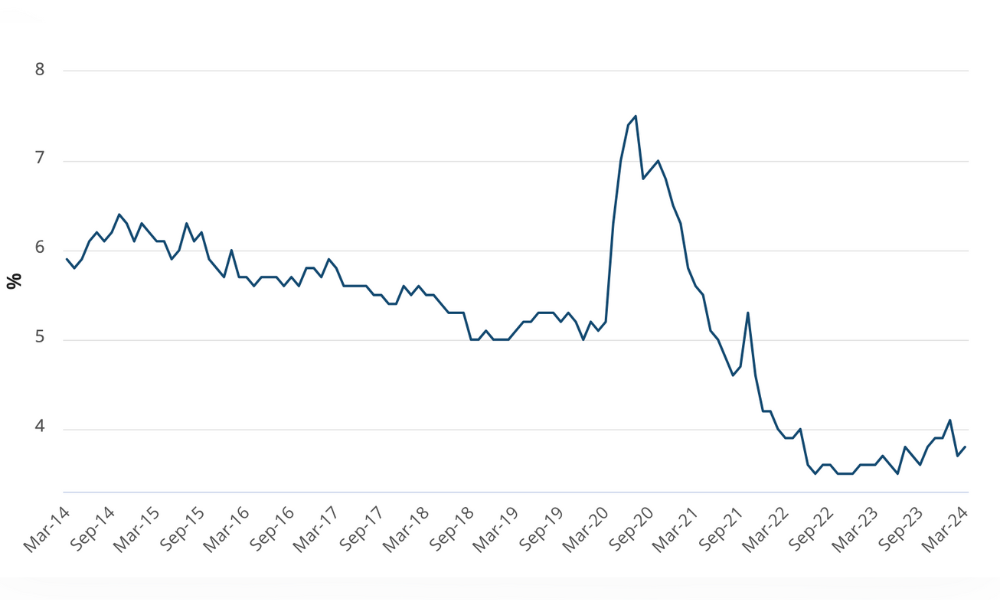Allegations of child sex abuse are extremely serious, particularly to employers in the education sector.
If one of your employees is an alleged child sex offender and your employer is engaged in the education sector, then terminating that staff member immediately might seem like an appropriate course of action.
“One would think the ability to terminate an employee accused of such behaviour in a school setting would be uncontroversial,” says Jennifer Wyborn, Partner at Clayton Utz.
But employers could be exposing themselves to hefty unfair dismissal claims if employees later fail to be convicted, Wyborn says.
“Employers will probably be protected from unfair dismissal claims by employees who are subsequently convicted, but it will be harder to resist claims from employees who are subsequently found to have no case to answer,” Wyborn says.
However, a recent decision from the Full Bench of the Fair Work Commission has shown employers that terminating an employee who is facing allegations of child sex abuse could backfire on the organisation, despite the seriousness of the allegations.
The Full Bench looked at a scenario where a teacher was charged with offences relating to child sex abuse and whether or not termination of employment in circumstances where an employee is not qualified to work with children can amount to unfair dismissal, Wyborn says.
In Paul O'Connell v Catholic Education Office, Archdiocese of Sydney [2016] FWCFB 1752, a classroom teacher at a secondary school for girls in Sydney filed an unfair dismissal claim after being terminated from his position.
He was charged with indecent assault on a person under 16 years of age, but the charges were subsequently dropped a few months later.
“As a result of this charge, O'Connell was deemed to be a "disqualified person" under section 18(1)(b) of the Child Protection (Working with Children) Act 2012 (NSW) (CP Act), which led to the revocation of his working with children clearance and a bar from performing any child-related work,” Wyborn says.
The Catholic Education Office (CEO) argued that section 9 of the CP Act compelled it to end its employment relationship with O'Connell, as it could not continue to employ him if he was not qualified.
“The FWC found that section 9 of the CP Act does not compel an employer to stop employing a person, nor does it provide an employer with the immediate ability to terminate the employment of someone who becomes a disqualified person,” Wyborn says.
“Interestingly, the FWC found that it would have been open to the School to allocate non-child related work to O'Connell rather than terminate his employment,”
Therefore, the FWC ruled that O’Connell’s unfair dismissal claim was successful.
Conversely, a 2015 decision by the Full Bench reached the opposite conclusion when examining a case with virtually identical facts to those in O'Connell.
In Dr Daniel White, Executive Director of Catholic Schools and legal representative of the Catholic Education Office, Sydney v Mr Gerald Mahony [2015] FWCFB 4952, the FWC found that continuing to employ a teacher who had become a disqualified person was illegal and inconsistent with the purpose behind the CP Act. The Full Bench found that:
"In our view it cannot be fairly said that Mr Mahony's employment was terminated on the employer's initiative … the appeal is allowed on the basis that employment could not have continued as this would have amounted to illegality."
“Interestingly, the FWC in O'Connell seems to have turned this decision on its head, now saying that continuing such employment (with restrictions) would not be inconsistent with the Act, and would, in certain circumstances, be considered legal,” Wyborne says.
“The law is clearly not settled in this area… and there remains a competing question around the rights of an employing educational institution to terminate an employee who has lost relevant qualification due to allegations of child sex abuse,” she says.
Employers need to proceed with caution until this area of law is settled, Wyborn says.
“And in the meantime, if criminal proceedings are not finalised, due consideration should be given as to whether or not it is open to re-deploy the employee to another area before considering terminating their employment,” she says.





